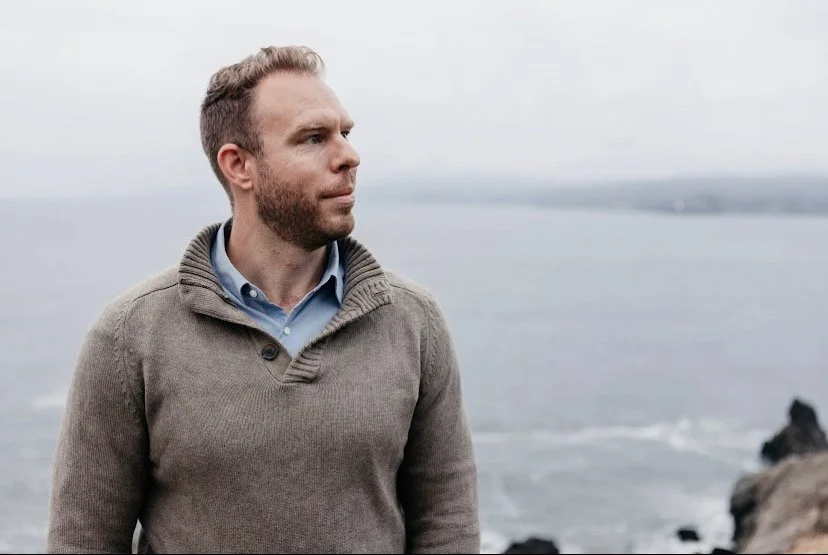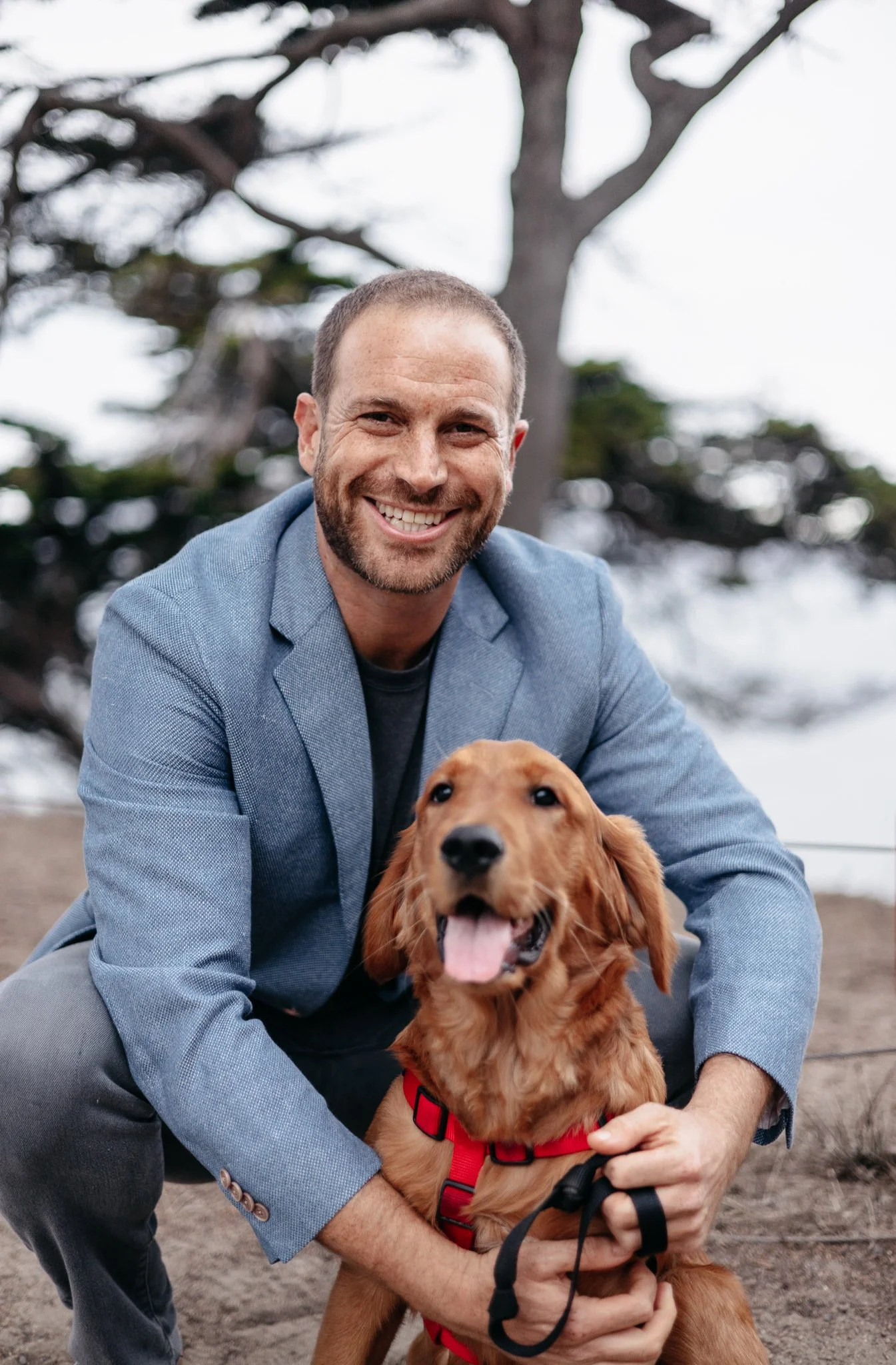
Loving Someone With an Addiction Is Its Own Kind of Pain
We help partners and family members find clarity, boundaries, and healing — whether you’re still in it or picking up the pieces.
What Brought You Here?
-
Loving someone in addiction can leave you walking on eggshells — trying to help, yet losing yourself. Therapy can help you find clarity, strength, and peace, whether you stay or not.
-
Even if it happened years ago, growing up with a parent who used can leave lasting emotional scars. We help adult children of addicts process the past and reclaim their own story.
-
Watching your child struggle is heartbreaking. Therapy can help you set boundaries, release guilt, and care for yourself — no matter where they are in their journey.
-
You don’t have to hit rock bottom to be curious about your drinking, using, or patterns. If something in you is starting to question your relationship with substances, therapy can help you explore it — without judgment, pressure, or labels.
-
You may not know where you fit — maybe it’s a sibling, a friend, an ex, or someone at work. Maybe you’ve grown up around addiction, or been affected by it across generations. You don’t need to justify your pain or name a role to deserve support. If someone else’s use is weighing on you, we’re here to help you untangle the impact.
You don’t have to face life’s challenges alone. Let’s work together to create a path to clarity, healing, and growth.
We are here to help.
Our Story
Pathwork Therapy began as a conversation—between two therapists from different agencies, working on opposite sides of the same problem.
Nick and Ben first met while collaborating across community-based mental health programs in the Bay Area. Both had spent years working in systems that serve people with serious mental illness and substance use disorders. Amid the challenges of navigating large bureaucracies, they often found themselves drawn to the same questions: What happens after treatment ends? Where do families and loved ones turn? How can people begin to do the deeper work that leads to lasting change?
Over time, as their professional paths crossed more frequently, a friendship grew. So did a realization: both were in recovery themselves—and both had long felt the absence of meaningful support for families and loved ones impacted by substance use. Outside of Al‑Anon, which remains a valuable resource, there were few places for people to process the grief, confusion, anger, and hope that often accompany loving someone who struggles with addiction.
Pathwork Therapy was born from this shared insight: the healing process is not just about stopping substance use—it’s about understanding it, holding its impact with honesty and compassion, and building something new from the inside out.
Who We Are
We are therapists, yes—but more than that, we are people who believe in the power of authentic connection, emotional insight, and deep psychological work. We take a psychodynamic, relational approach, grounded in curiosity and respect for the complexity of every person’s inner world.
At Pathwork Therapy, we help clients explore the full spectrum of substance use—from those who are sober-curious or newly navigating recovery, to family members and partners seeking clarity and healing, to individuals ready to do deeper work around trauma, relationships, and identity.
We believe:
Recovery is not one-size-fits-all
Therapy can be both challenging and transformative
Loved ones deserve their own space to heal
Real change begins with self-understanding
Pathwork is more than our name—it reflects our belief that healing is a process, a path to be walked with care, courage, and compassion. We are honored to walk that path alongside our clients.

Our approach
At Pathwork Therapy, we specialize in the emotional and relational impact of substance use — because we've lived with it, worked in it, and helped people through it for years.
Our team brings together decades of combined experience supporting individuals and families affected by addiction. We’ve worked in treatment centers, community mental health, and private practice — walking alongside people through every stage of the journey: early questioning, active recovery, relapse, and repair.
But we don’t just come with credentials — we come with empathy. We understand the grief, guilt, hope, and confusion that substance use can create in relationships. We know how it fractures trust, stirs up old wounds, and reshapes how we relate to ourselves and others. And we’re here to help you make sense of it — not with judgment or advice, but with clinically grounded, emotionally attuned care.
Whether you’re supporting a loved one, healing from your past, or exploring your own patterns, we meet you where you are — and help you find what’s next.
Meet our licensed therapists
Many therapy platforms rely on algorithms and standard approaches. At Pathwork Therapy, we prioritize your unique story, offering personalized care to support your growth and healing. Our clinicians stand out for their expertise, empathy, and dedication to truly understanding your needs. Each therapist is thoughtfully chosen for their ability to provide exceptional care, helping you navigate life’s challenges with skill and compassion.
-

Ben Black
LCSW
Ben Black is a skilled therapist dedicated to his clients’ well-being and success. With compassion and a client-centered approach, he tailors therapy to each individual’s needs, guiding them toward meaningful growth and lasting change.
-

Karen Cheng
LMFT
Karen Cheng is a compassionate therapist committed to helping clients navigate life’s challenges with clarity and resilience. She emphasizes creating a safe, supportive environment where individuals can explore their authentic selves and achieve meaningful growth. Karen’s personalized approach focuses on building trust, fostering self-awareness, and empowering clients to cultivate fulfilling relationships
Leant more about Karen
-

Nick Zwerdling
LMFT
Nick Zwerdling is a seasoned therapist with over a decade of experience. He is dedicated to helping clients navigate life’s challenges with compassion and insight. Nick’s approach focuses on fostering meaningful growth and resilience through personalized care.
Ready to schedule your free consultation?
